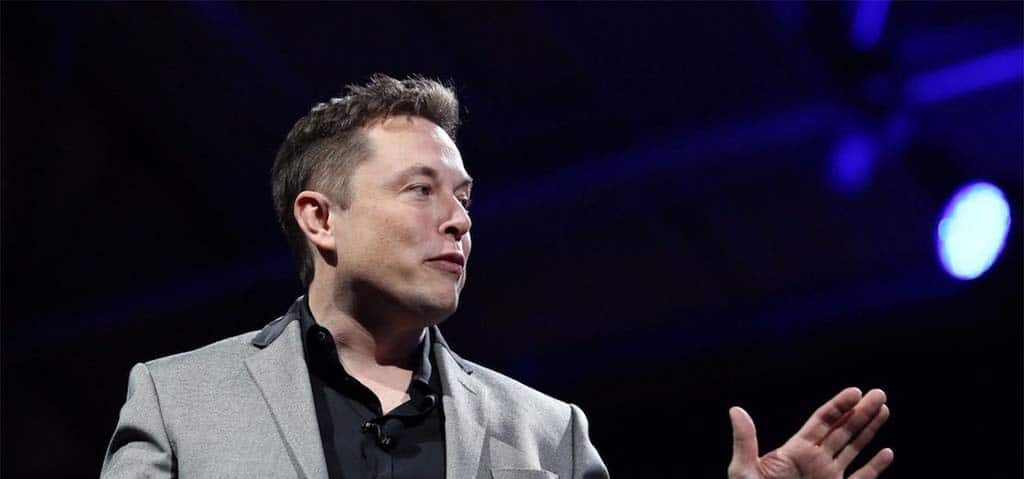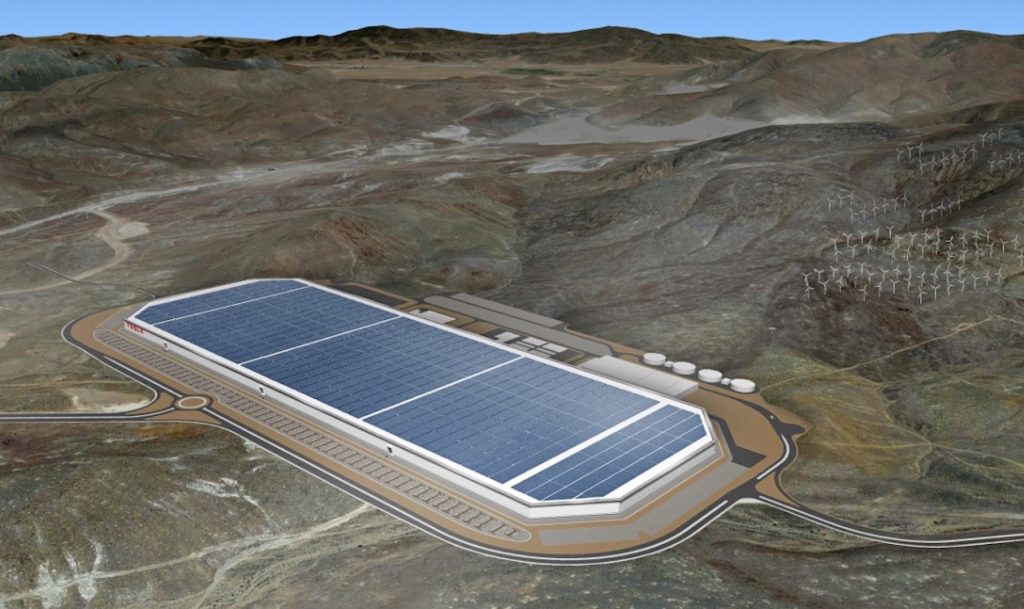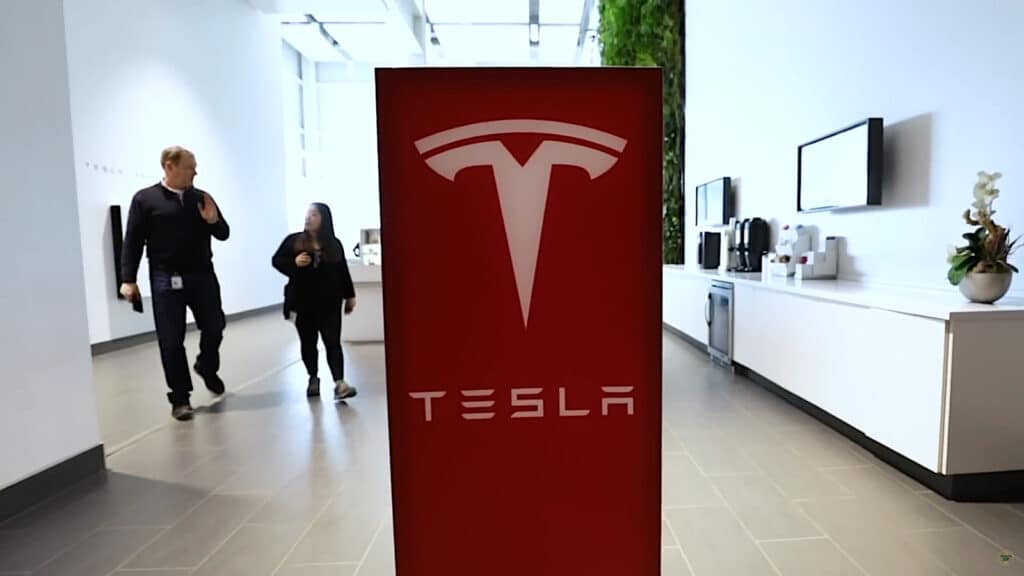Two Tesla workers at its Nevada gigafactory filed a lawsuit in Texas claiming a recent layoff of about 500 workers violated federal law.

In the suit, the pair contend the EV maker failed to provide proper notice of the layoff. Musk dismissed the suit. They said the company failed to meet the requirements of the Worker Adjustment and Retraining Notification Act and are seeking class-action status hoping to including all former Tesla employees laid off in May or June without notice.
“Tesla has simply notified the employees that their terminations would be effective immediately,” the complaint said.
Musk said during an interview with Bloomberg News the lawsuit has “no standing,” adding “That’s a small lawsuit of minor consequence.” Musk was hit with two much larger suits in recent days, including a $268 billion suit by a Dogecoin investor, who alleges Musk was leading a crypto currency pyramid scheme.
Layoffs the first of many

Although Musk basically blew off the lawsuit, he acknowledges the company’s head count will be falling in the near term. He estimated the company will cut its salaried workforce by 10% in the next quarter, but the hourly workforce is expected to grow.
“(W)e grew very fast on the salaried side, and we grew a little too fast in some areas, and so it requires a reduction in salaried workforce,” he said during the Bloomberg interview.
He noted that when spread across the entire workforce, which now numbers about 100,000 globally, the overall reduction will be about 3% to 3.5%, he said, adding “A year from now, I think our headcount will be higher.”
The cuts are basically a result of Musk having a “super bad feeling” about the economy, according to Reuters. Musk recently sent an email to employees, imploring them to work hard through the end of the quarter as the company may not meet its internal delivery targets.
Supply chain issues

Musk’s push comes as he notes issues with the company’s ability to get the semiconductors and raw materials — particularly aluminum, lithium and nickel — needed to build vehicles. As a result, the company could struggle to top last year’s results.
“Our constraints are much more in raw materials and being able to scale up production,” and tackling “the realities of the supply chain,” Musk said during the Bloomberg event.
“As anyone knows who has tried to order a Tesla, the demand for our cars is extremely high and the wait list is long,” he said. “This is not intentional. We’re increasing production capacity as fast as humanly possible.”
He also noted the company isn’t going to just roll over and play dead.
“We just think about how do we address the limiting factors in the supply chain and in our own industrial capacity,” Musk said. “Basically, we need to build the factories faster, and then we need to look ahead to whatever the choke points are in the whole lithium-ion battery supply chain, from mining and refining to cathode and anode production and cell formation”







